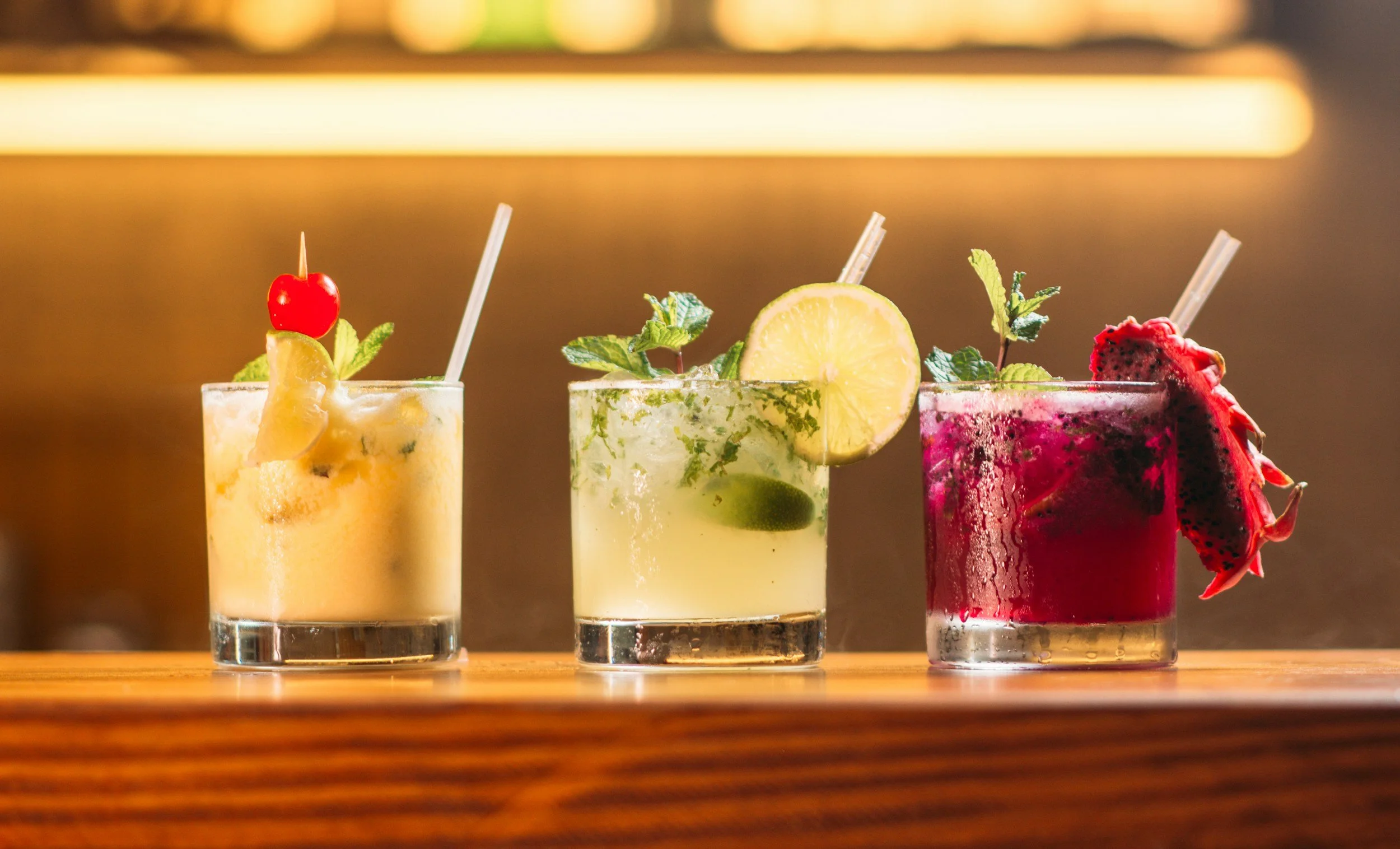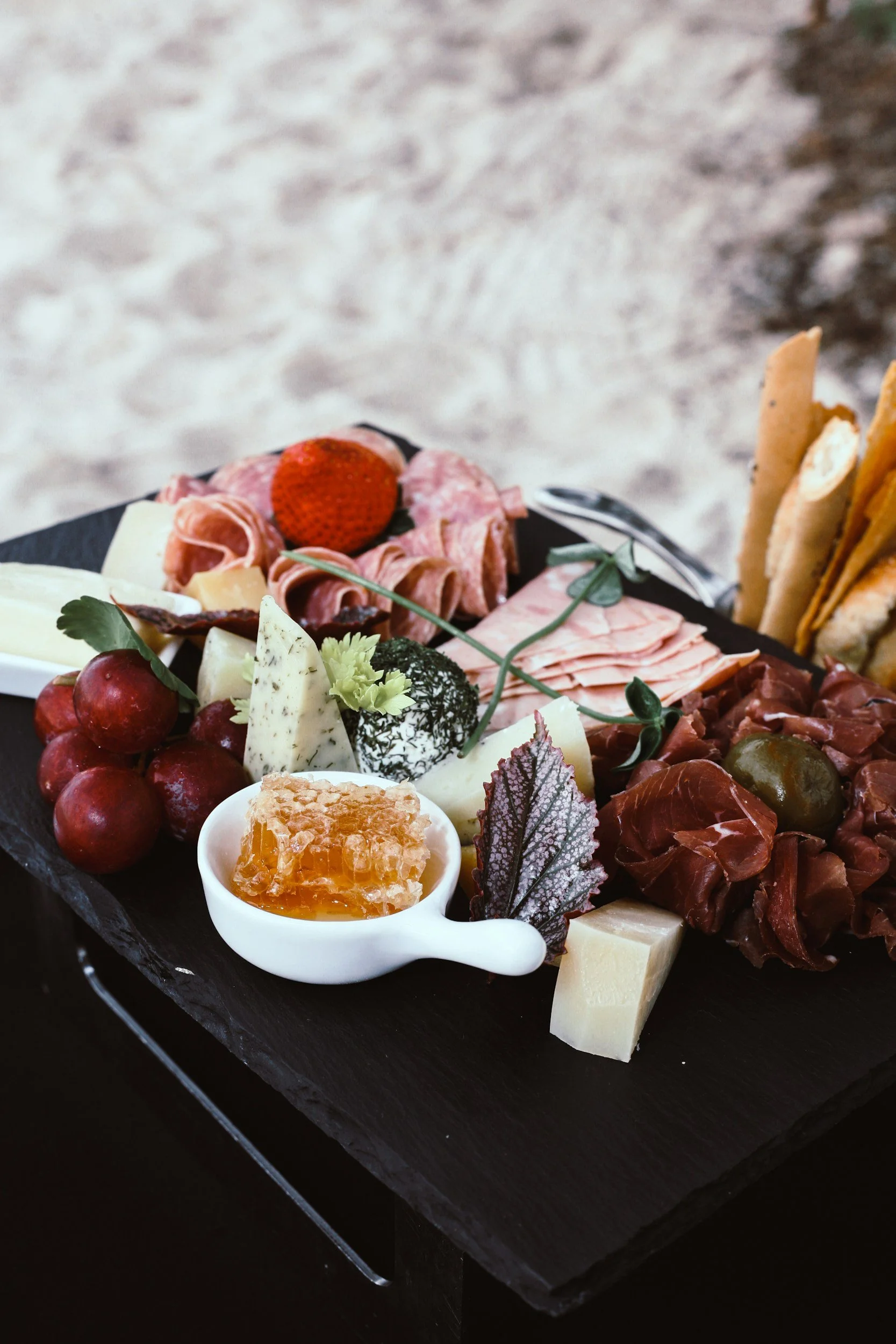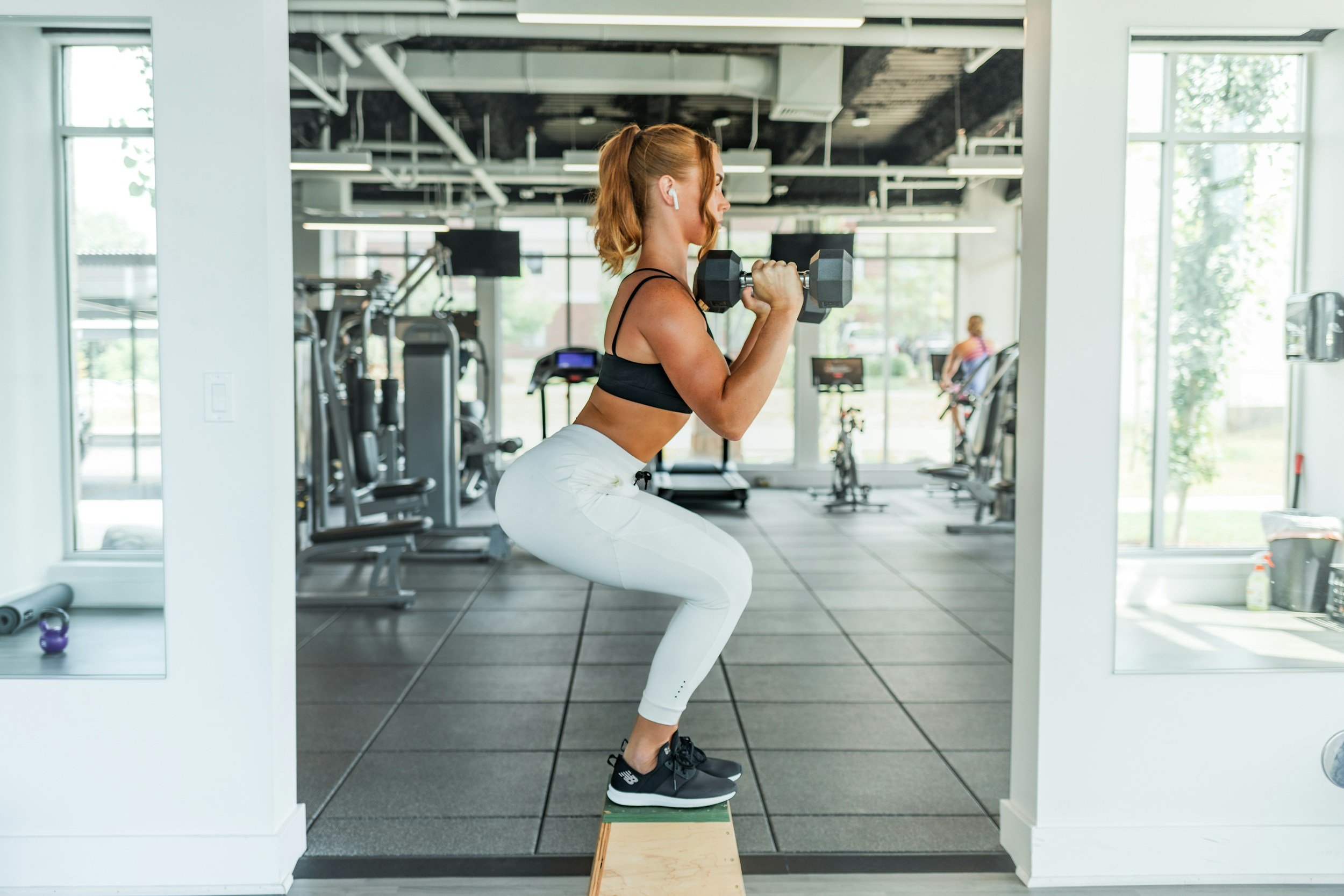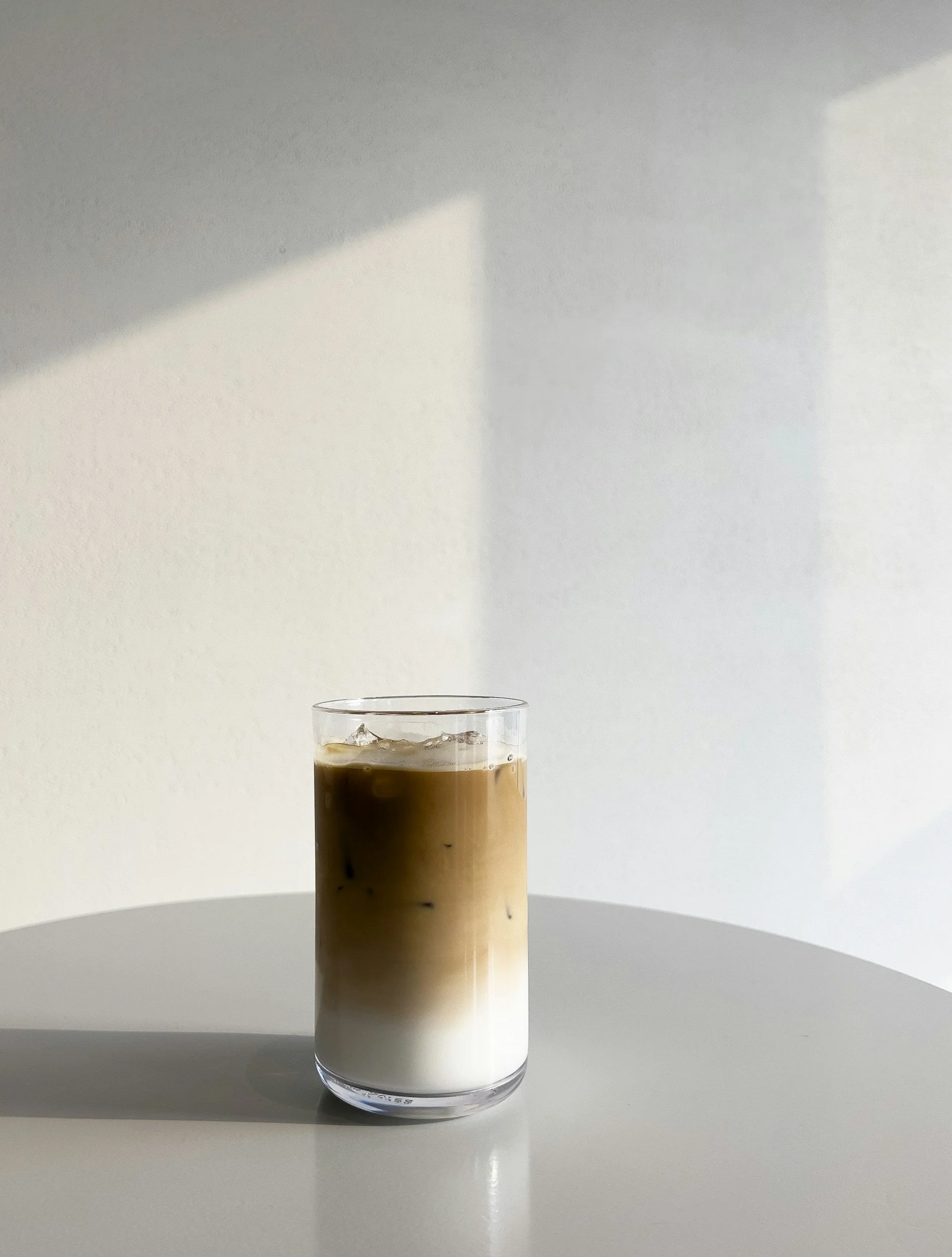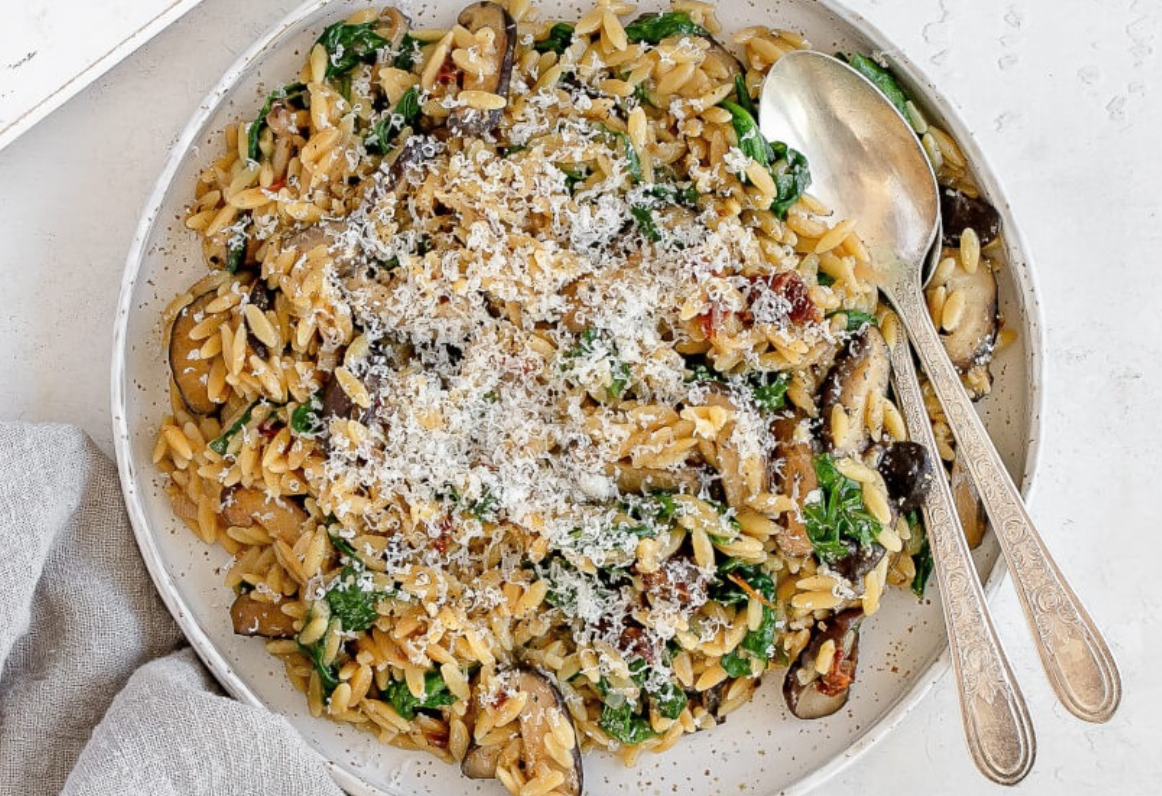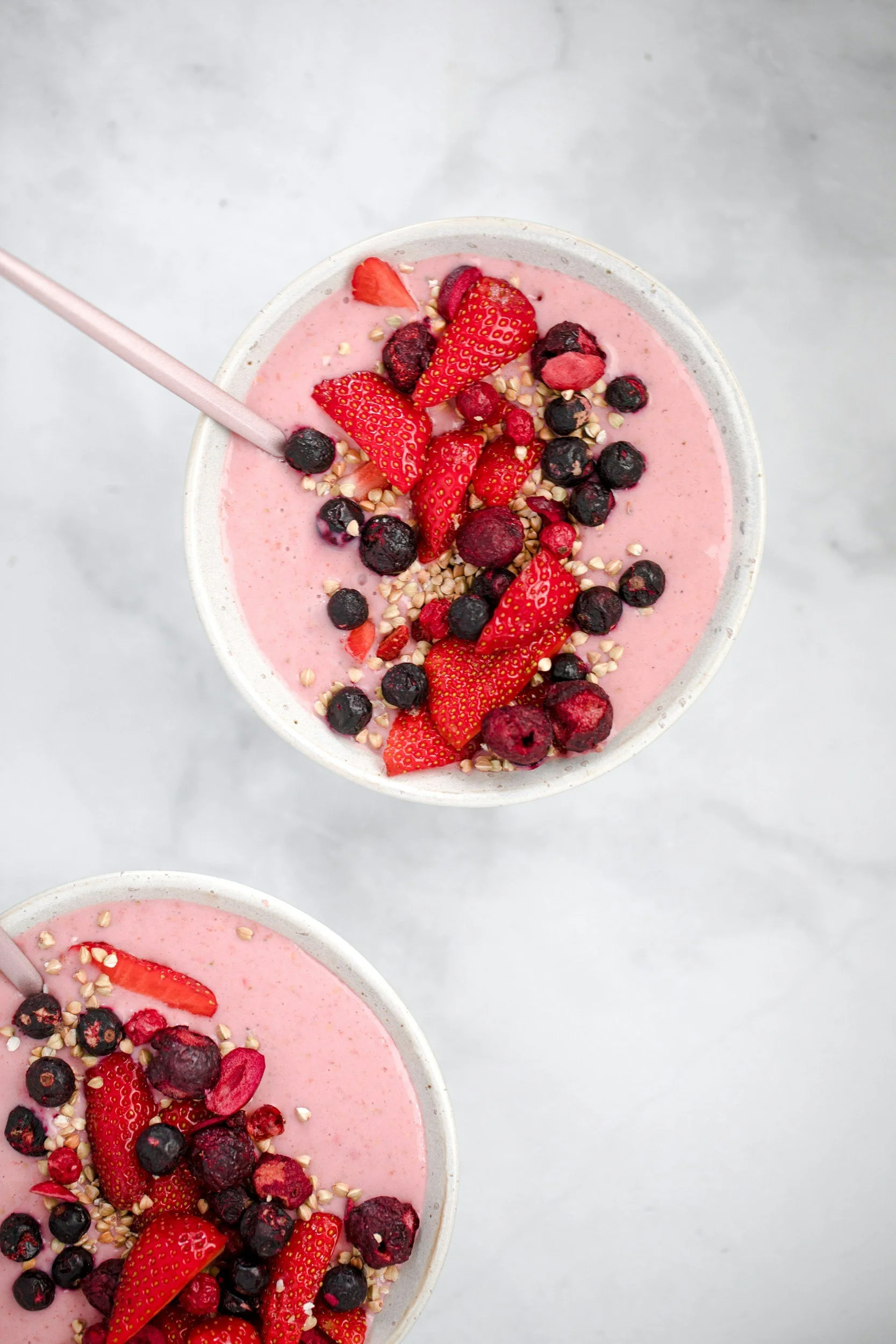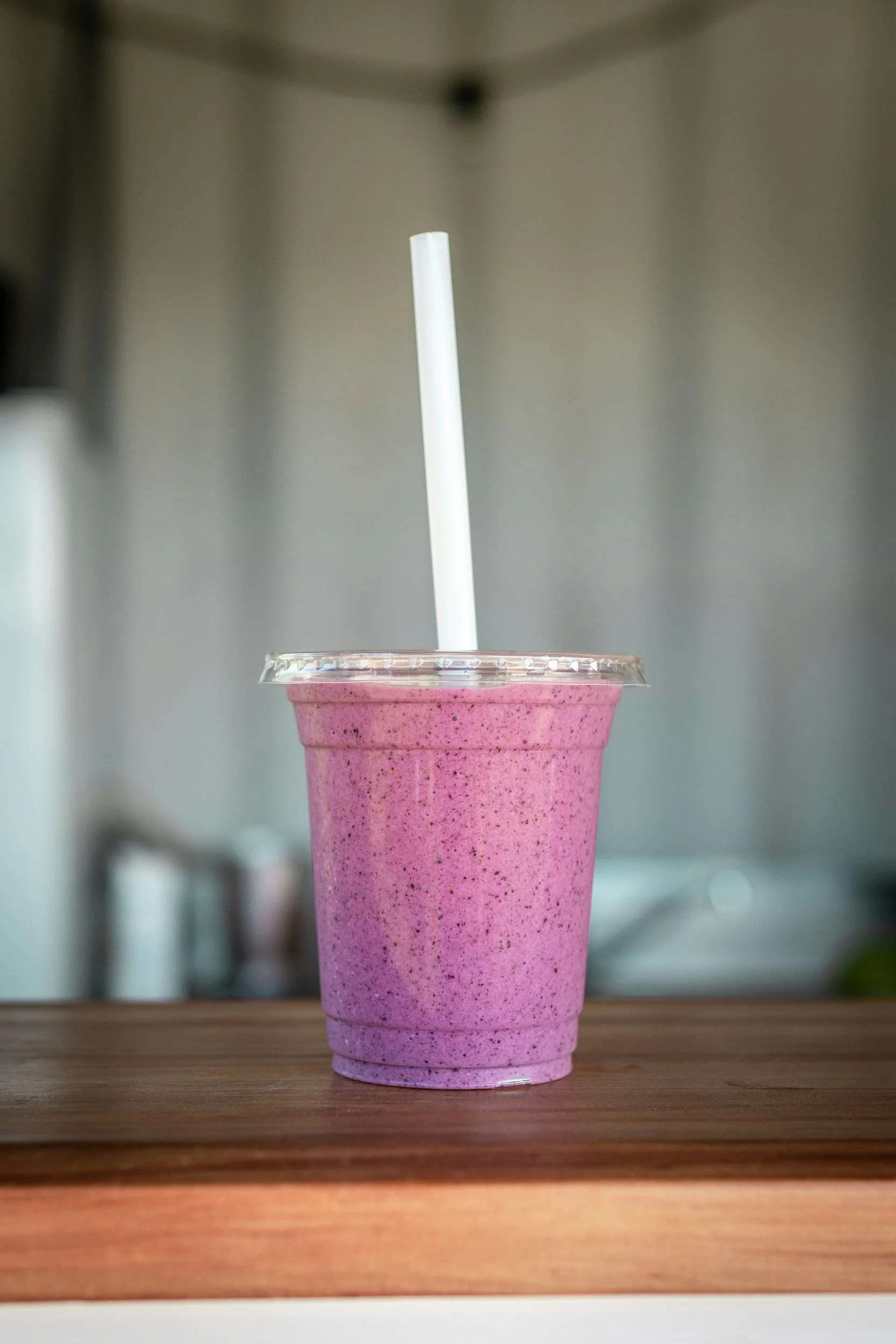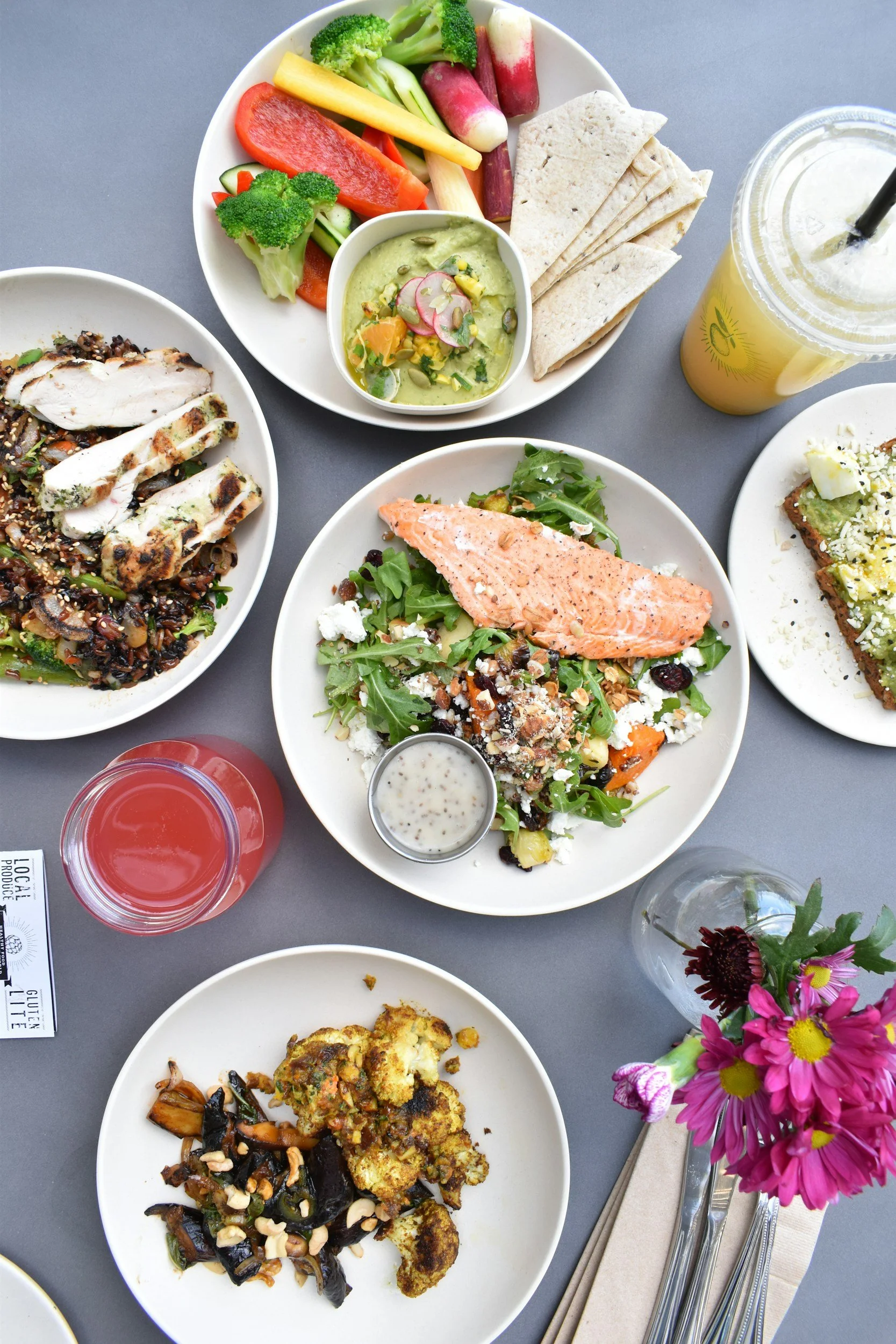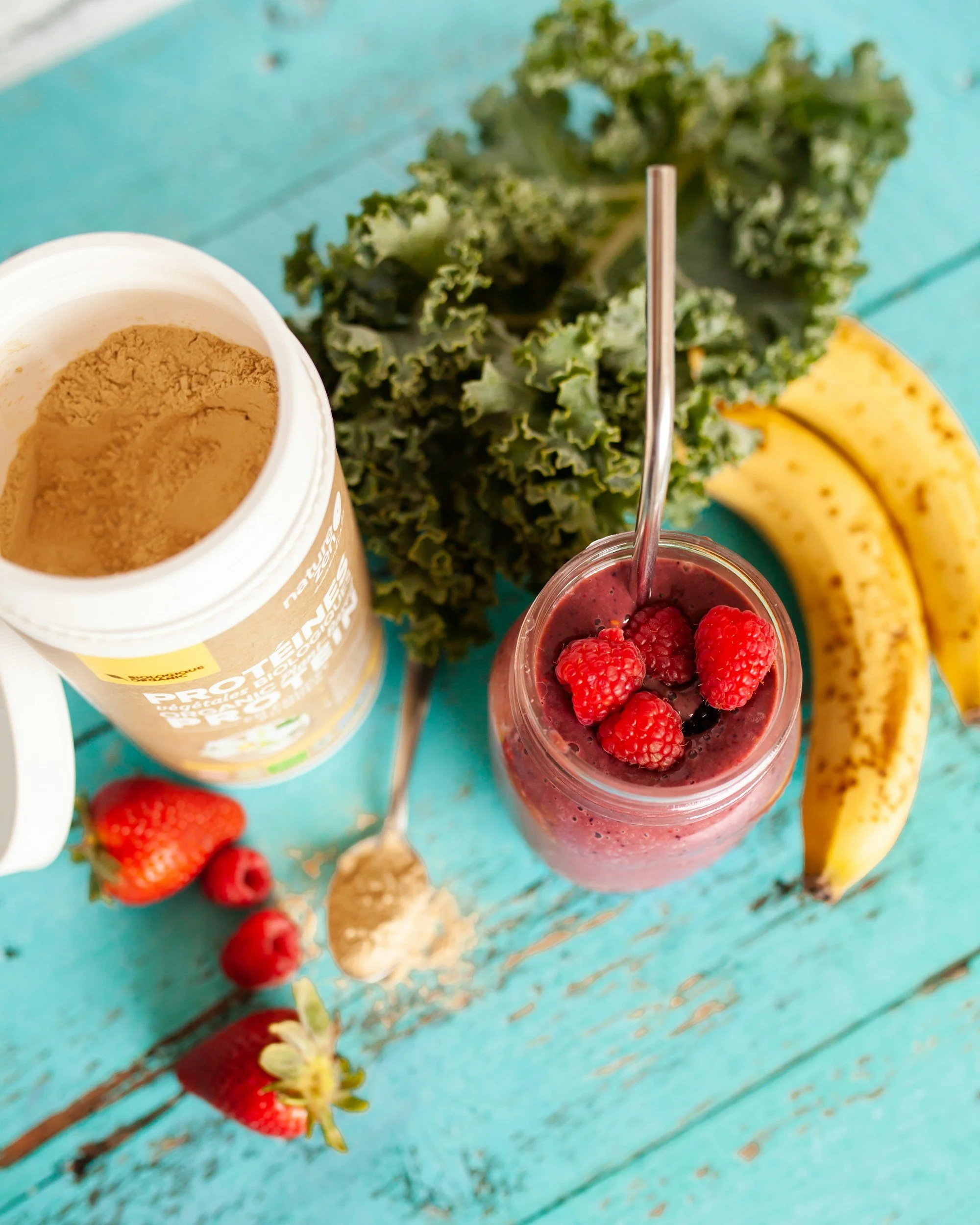Alcohol and Weight Loss: What You Need to Know
/If you’re working toward weight loss or wellness goals, alcohol is one of those sneaky lifestyle factors that can have a bigger impact than many people realize. It’s a big factor in socialization, relaxation, and celebration. It’s a norm. While it’s often viewed as harmless in moderation, alcohol can affect your metabolism, energy, hormones, and even your decision-making around food.
A Quick Look at How Alcohol Is Metabolized (Thorne)
Before we dive deeper, it helps to understand what’s happening inside your body when you drink. According to Thorne, alcohol (ethanol) is absorbed faster on an empty stomach, which is why drinks tend to hit harder without food in your system. Once absorbed, alcohol heads straight to the liver, where it undergoes a multi-step breakdown.
Most alcohol is converted into acetaldehyde, a toxic compound linked to hangovers. From there, enzymes transform it into acetate, which your body can use for energy. The problem? This process produces free radicals, disrupts blood sugar regulation, and encourages fat storage (think: “beer belly”). For some people with certain genetic variations, clearing acetaldehyde is even harder, which means alcohol lingers longer in the system and its effects are stronger.
In short, alcohol metabolism puts stress on your body — and that stress directly connects to weight, energy, and recovery. - Read Full Article HERE
How Alcohol Impacts Weight Loss and Wellness
Here’s why alcohol can be a stumbling block:
Empty Calories – Alcohol provides calories (7 per gram) without nutrients. These “empty calories” can add up quickly, especially with mixed drinks or multiple rounds.
Fat Metabolism Disruption – Your body prioritizes breaking down alcohol over burning fat. While alcohol is in your system, fat burning is essentially put on hold.
Hormonal Interference – Alcohol affects hormones that regulate appetite, metabolism, and stress. It can increase cortisol and lower testosterone, both of which make weight loss harder.
Food Choices – Lowered inhibitions can lead to overeating or reaching for less nutritious foods.
Sleep and Recovery – Alcohol can interfere with deep sleep, leaving you tired, sluggish, and more likely to crave high-calorie foods the next day.
Hydration and Performance – Because alcohol is dehydrating, it can impact your workouts, recovery, and energy.
How to Drink Mindfully and Still See Results
The key isn’t necessarily eliminating alcohol, but creating balance and boundaries. Here are some simple strategies:
Set clear limits that align with your goals. Decide in advance how often and how much you’ll drink.
Choose lighter options like dry wine, light beer, or spirits mixed with soda water or zero-calorie mixers.
Alternate with water during social events to stay hydrated and pace yourself.
Track your intake just as you would with food—alcohol calories count too.
Avoid drinking close to bedtime to protect your sleep quality and recovery.
Plan alcohol-free days each week to give your body a break, support hormone balance, and improve energy.
Prioritize nutrient-dense meals before and after drinking to minimize cravings and overeating.
Smart Alcohol Swaps for Fewer Calories
Here are some easy swaps to save calories while still enjoying a drink:
Instead of a Margarita (~300+ calories) → Try tequila with soda water, lime, and a splash of fresh orange juice (~100 calories).
Instead of a Piña Colada (~400+ calories) → Try coconut-flavored sparkling water with rum and pineapple juice (~120 calories).
Instead of Craft Beer (~250–300 calories) → Try a light beer (~100 calories).
Instead of Sweet White Wine (~200+ calories per glass) → Try dry white wine or champagne (~120 calories).
Instead of a Rum & Coke (~250 calories) → Try rum with Diet Coke or soda water and lime (~100 calories).
Instead of a Frozen Daiquiri (~350 calories) → Try a simple rum, lime, and soda water cocktail (~110 calories).
Instead of Flavored Ciders (~250+ calories) → Try a hard seltzer (~100 calories).
These swaps not only cut down on calories but also reduce added sugar, which helps keep your blood sugar and energy levels more stable.
Want healthier drink options? → Read Savor the Sip: Low Cal Cocktail Options
Taking Action
Knowledge only matters if you put it into practice. Here are some next steps:
Reflect on your current intake. How often and how much are you drinking?
Decide your limits. What amount supports your goals without holding you back?
Experiment. Try alcohol-free days or weeks and notice how your energy, mood, and cravings shift.
Make it intentional. If you’re going to drink, choose it consciously, enjoy it fully, and balance it with nourishing food and hydration.
The bottom line: alcohol doesn’t have to derail your weight loss journey, but being mindful and intentional with your choices makes all the difference.
For a Moderated Approach to Weight Loss, Check Out → The Mediterranean Diet Refresh
Remember, weight loss and wellness aren’t about perfection—they’re about consistent, intentional choices that support your body and your goals. Alcohol can fit into a balanced lifestyle, but it works best when approached mindfully. Pairing moderation with nutrient-dense meals, hydration, quality sleep, and regular movement ensures that your progress doesn’t stall.
Use this as an opportunity to check in with your habits: what’s supporting your goals, what might need adjusting, and where you can create small, sustainable changes. Over time, these choices compound, helping you feel more energized, focused, and in control—without sacrificing the social moments or enjoyment in life.
Your journey is unique, and even small steps toward mindful drinking can make a big difference for your health, wellness, and weight loss success.
Read more → 27 Things Not To Do If You Want To Lose Weight
CONTINUE EXPLORING
Here are a few resources to keep the momentum going:
📌 Related Posts
✓ Done-for-You Guides
High Protein Meal & Recipe Bundle → easy, healthy meals in one place
Mediterranean Diet Refresh → fully guided program for easy, sustainable weight loss
Say Hello To A Different Approach To Weight Loss
Where mindset and metabolism work together to create change that actually lasts.
Includes:
Metabolism + The Health First Approach to Weight Loss
Mindset Matters + 3-I Framework
Biofeedback & The 4P’s: Customize for Your Body & Your Lifestyle
Mindful Eating: Tools & Strategies
Meal Plans & Recipes (over 650 recipes): Mediterranean, High Protein + Vegetarian Recipes + Meal Plans as well as Gut Health, Brain Health, Sugar Free + More
Mindset & Visualization Tools: Meditation Library for Weight Loss & Wellness, Journal Prompts & Reflections
12 Weeks of Guided Action Steps for Mind + Metabolism - Real change requires practice. You’re set up for success with a guided plan!
Get The Weight Loss Mindset Today!


